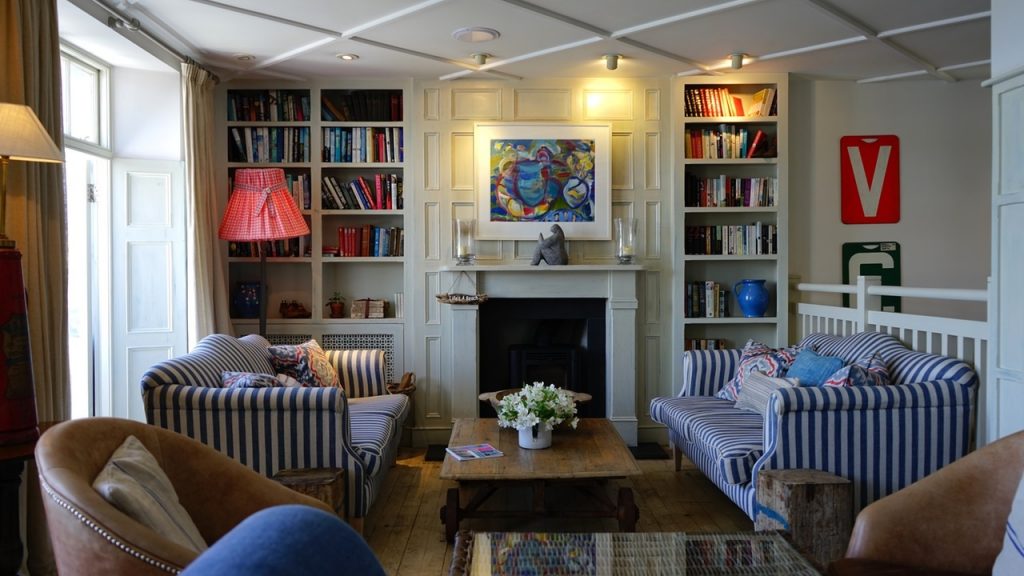Are you going to rent a storage unit soon? If so, you are no doubt excited about the prospect! After all; it means you’ve now got somewhere safe to store your belongings. Plus, you don’t have to worry about things like boxes or furniture cluttering your home. And if you’re running a business, the extra space will come in handy for things like storing stock or even office furniture.
Before you head out to your nearest storage facility, it’s worth bearing in mind a few things first. This article aims to give you a practical checklist for storage units. Here is what you need to know:
Identification
Facilities that offer storage units in Staples Corner or other areas are going to see proof of ID. With that in mind, you must have the right identification documents to hand. Most facilities usually ask for two things:
- Photographic ID: driving licence, passport, student ID;
- Proof of residency: bank statement, utility bill, credit card statement.
It goes without saying that you should check with the facility what ID they need to see, along with any other documents.
Emergency contact details
If something happens to your belongings while they are in a storage unit, who should the facility call? In most cases, it’s likely to be you. But, if you’re planning on going away somewhere for a while, you may want a relative or friend to be the emergency contact.
Make sure that the contact details are correct and easy for the storage facility to read or note down.
Strong padlock
Did you know most storage facilities don’t provide security padlocks for their units? That’s because they leave that up to the customer to organise. After all; you don’t want anyone else having access to your storage unit beside you!
You can usually buy a padlock from the storage facility if you’ve not had a chance to get one elsewhere. Otherwise, be sure to purchase one that’s strong and gives you a spare key.
Payment details
When you go to organise the paperwork for your unit’s rental, you’ll get asked to pay an amount up front. The money you pay is usually a security deposit plus the first instalment. Storage facilities will take debit or credit card payments, and some may accept cash as well.
You’ll also need to provide your bank account details for Direct Debit payments. It may be possible to pay upon receipt of invoice – this is useful if you’re renting for business purposes.
Insurance cover for your belongings
Lastly, it makes sense to organise storage unit contents insurance cover. Doing so gives you peace of mind knowing that, if something happened to your belongings, you would get compensation for them. Check with the storage facility that you’re renting from if they offer insurance. That’s because some facilities provide it as standard, while others charge it as an option.
The good news is there are plenty of companies online that will quote you for storage unit insurance. Be sure to select one that best meets your needs. Good luck!




